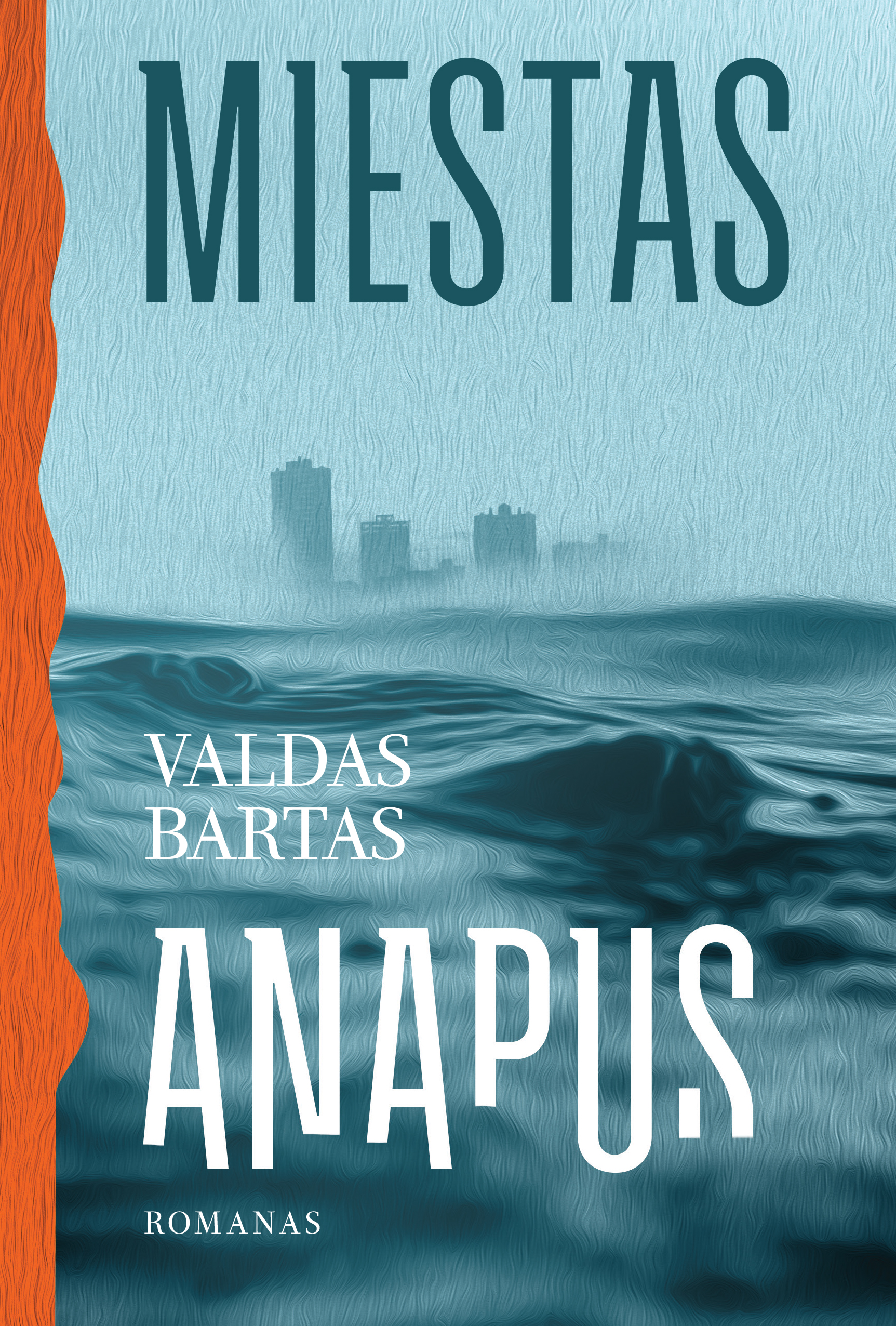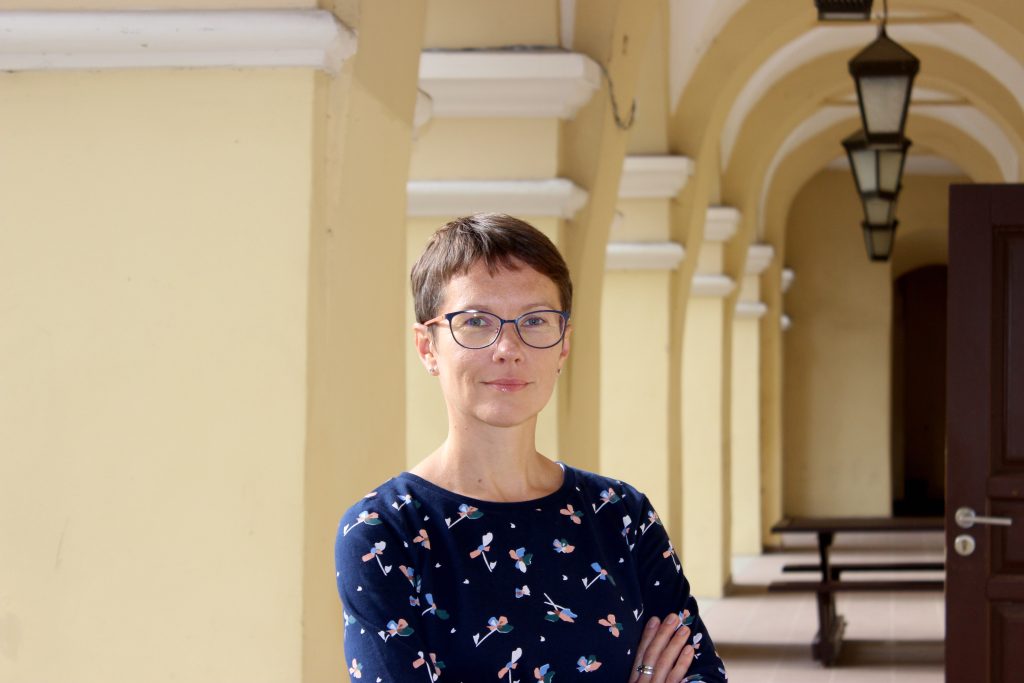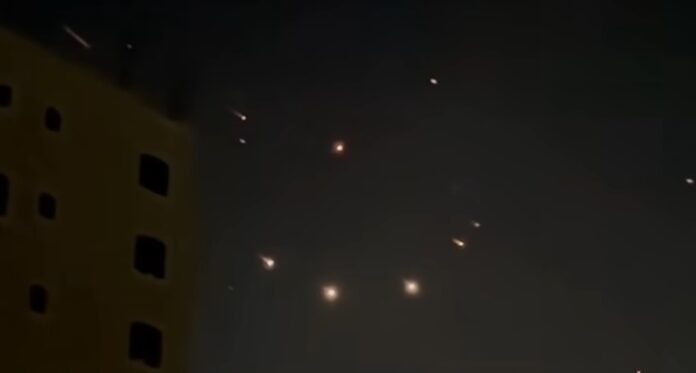From Valdas Adamkus’ memories to detectives

V. Bartasevičius, a political commentator on Lietuvos Rytas, is a literary co -author of President Valdas Adamkus, former Foreign Minister Antanas Valionis, US expatriate character, businessman Juozas Kazickas and his wife Alexandra.
Together with Antanas Sadeckas, Head of the Restored Independent Lithuania Criminal Police, he wrote a book « From Criminalist’s Life » about organized crime, forensic struggles with criminal gangs, and political peripetes of that time.
A passionate detective lover, a former member of the GDL (Lithuanian Detective Club) founded by writer Kazys Almen, has published a detective trilogy « Spider Dance », « Death in Nida », « Trap ». Also, the novel « Deadly Love », a bloody criminal history based on true facts told by the Commissioners of the Criminal Police Bureau.
The author’s fifth novel « Rain in Amsterdam » is intertwined by the tragic events of World War II and the post -war years and their evaluation these days. This year’s new writer’s book « City Beyond » was published at the Vilnius Book Fair. Written by a pandemic hill, he moves the reader to a strange place where time seems to have stopped. For some, it is like a Soviet ghost, for others a quarantine absurdity, and for many, one of the frightening forecasts for the future.
A man who wants to remain unobtrusive comes to a closed city on the island, where the sky and the dusk seems to be never dissipated. Strange events begin to come as soon as he stays in motel. The man came on a business trip, but it gradually turns out that neither he nor the people who communicate with him are not at all as they are.
« As I read the » city beyond, « I gained several experiences – from paradoxically the density of the real dystopy to vigorous adventures with several storylines, » wrote art critic and presenter Ernest Parulskis, famous for love detective novels, films and series.
– Your detectives have always been related to topicalities – opening the KGB archives, criminal gang wars, banking crisis or Holocaust wounds in Lithuania. A lot of penis was provided by your journalistic activity: real stories, information collected. But the new book is completely different. Why?
– Yes, I used to write pure detectives. Maybe except for the Rain in Amsterdam, which is more about the Holocaust history, although it also has a detective line. His main character is to escape the ghetto. The idea of the city beyond the end of the quarantine was the end of the quarantine, but it was a bit of interest, as I was still writing « rain in Amsterdam », which needed more serious research, and had to read a lot of literature.
The pandemic and quarantine period has caused confusion around the world, which we still feel. Even the current tense political situation is related to the public reaction to quarantine. That’s why there was the idea of writing how dictatorship was coming up, how authoritarianism from such a publicity of society was born.
The « city beyond » storyline is certainly not substantiated by any facts or numbers of pandemic era. It came from very personal flair and visions. I wrote it in half a year. Given that most of my time is done by work in the Lietuvos Rytas newspaper, it is very fast. True, the book is not the thickest.
Photo by publisher
– Maybe the idea had time to mature? Do the book tells the author as if he hadn’t been ill Kovid?
– Yes, the first storylines appeared during the quarantine. Indeed, I don’t get sick. As a decent citizen in the hope of medicine, I was vaccinated three or four times. After the second vaccination, the temperature was slightly elevated for three days, but nothing serious.
– How did it happen that the city became such an important character in your novels? This is also evidenced by the names: « Death in Nida », « Rain in Amsterdam », and now « the city beyond », which also resembles a much isolated Neringa.
– Maybe because I’m a pure citizen. I only went to the village – my mother or father’s homeland – only during the summer holidays. I lived in Vilnius Tilto Street and later Vytenis, so I walked around the Old Town from an early age.
The environment works. For example, the novel has long corridors similar to the underground passages of Kaunas clinics that I went to visit a relative with cancer.
Journalist work also allows you to get to know the city better, while binding to facts. Maybe that’s why my detectives always had a documentary. Just like Haruki Murakami would probably not fantasize.
I would agree on Neringa too. Although I did not think about it, the subconscious probably worked here either. I often go on vacation there in the summer, when a lot of people, but I also went in the autumn, winter. When there are few people, that closeness is very felt – the lagoon, the sea on the other side, the winds blows, the lead sky.
– The main character of three detectives was journalist Tadas Dirvonis. This time the hero is quite different. Is it a sign that this is the beginning of a new cycle? After all, the end of the « city beyond » forces us to guess what will happen next.
– Yes, a cycle of three detectives came out, which was connected by T. Dirvonis. I thought it could be written by the fourth, but I decided it was not worth it. Wanted to try a slightly different genre. I took the story. Perhaps such a decision was also provoked by a scandal that came from Rūta Vanagaitė’s book « Ours ».
I don’t know if the « city beyond » could be called a detective. Although the intrigue remains, it may be more dystopia or, as we used to say, anti -utopia. The uncertain end is part of the idea. From nowhere to nowhere.
He wanted to leave space so that each reader could interpret their own way. Not only the end, but the whole novel. After all, the character itself is the most important thing to get out of that airtight city. Even if all connections need to be discontinued, even if in the future – only darkness.
Recently, I watched David Lynch’s movie « Forgotten Highway ». Although I didn’t think about his films, I thought I was making a similar mood. The director puts a lot of riddles but does not specify the answers.
– Nowadays, such mood is just in the air. The future of the whole world is completely unclear. Each day only thickens the haze that surrounds that future.
– Yes. This is also accompanied by US President Donald Trump’s achievement in the election and his activities. Everything is very fragile. I have lived most of my life, thinking that although there are great shocks or turns, the story flows a certain predictable furrow, and we already know the regularities we know. Now everything has become confused and those regularities have become completely unclear.
– You mentioned that you wanted to leave the reader’s imagination of space. For some, the atmosphere of the novel will be reminiscent of the « matrix », and for the Soviet era, that gray and dusk, the radio point, the perception that you are constantly being followed and not even speaking to Motel will definitely associate with the Soviet Union. Probably to the author?
– Yes, even when I was writing, I felt that Soviet gray. I remember how American Lithuanians who came to Lithuania at the time looked. Even their bright clothes were greatly distinguished in the universal gray. True, the youth and then trying to stand out, be more fashionable. So far, I remember how hard my jeans I bought. Meanwhile, our parents’ generation (those who did not belong to the nomenclature) were preparing very simply – gray, brownish.
– How was a particularly bright woman who became a catalyst for many changes in a gray city?
– Even during the Soviet era, there were so -called styles – bright personalities who not only were fashionable but also provoked other people’s reactions. After all, today we can see how fooled by ideology is like, obeying something together. However, it does not mean that it is good or just bad. That woman just gives my character the impetus needed in a world where other people are half -dead.
– When does a trip to the city really take place? Past, in the postnidal present or in the future? If it is a dystopia, it is a very gloomy forecast for the future.
– I wanted to pull that story out of the flow of time. It’s not the past, but hopefully not the future. We can probably consider George Orwell’s novel « 1984 » with the most famous antiutopia. It seems to have predicted what could happen in the future. My idea was to describe a place where there was neither the past nor the future where the time disappeared. It’s like a cemetery of living people – after all, there is no time in the cemetery.
– Is it difficult for the author to try to hide the real killer as long as possible from the reader or the strange city management mechanism?
– Such a genre. This time I tried to create a city where there is never a normal, bright day. Black suits, twilight. Maybe I was somewhere and I was trying very hard. (Laughs.)
– You have said that writing the first detective was much more interesting to you than playing computer games that you were in a while at the time. What were those games at the turn of the century?
– Very simple. Not modern. From those where the colored balls need to be pushed on the screen (classic game Lines – Ed.) At that time it was an innovation. Included. Until I noticed that I would spend a lot of time for that meaningless push. After work in the evenings, I sat down for an hour playing that nonsense. Maybe for a year or a half, I was tired and then I pulled that thing. Now I don’t play any games because it is a pity for time. I already watch a movie or series.
– Do you have a favorite detective series?
– I’m looking at Fargo now. It’s like a drug. There are already a few seasons and they all blend into one narrative. Therefore, it is interesting to watch. The individual series of other detectives are usually not very related, so I only look at one another.
– What authors of detective books do you like best? Modern or classics?
– Both those and those. I really like his nesibo. I especially liked the book of James Hadley Chase in Stieg Larsson’s Millennium trilogy. Well, of course, classics – Arthur Conan Doyle, Agata Kristi. Belgian Georges Simenon was still in French. French writer William Somerset Maugham is also a popular French writer who has written some good detectives. His literary sophistication is fascinating, because, for example, A. Kristi detectives are primarily involved in the literature itself, but by a perfectly twisted storyline and a peculiar character of a private detective Erchi Puar.





:format(webp)/https://content.production.cdn.art19.com/images/17/af/46/b9/17af46b9-6bcc-441c-b5e0-db3ffa876a3e/ba8b2d50a8e2873b5508c25ac7fb60b9fdfe673813521c1f45746a0a15d41a4df28d6156eb40bbd1515b59cee5bd298890e0ad7dad7954e894d41ca48939c6e9.jpeg)
